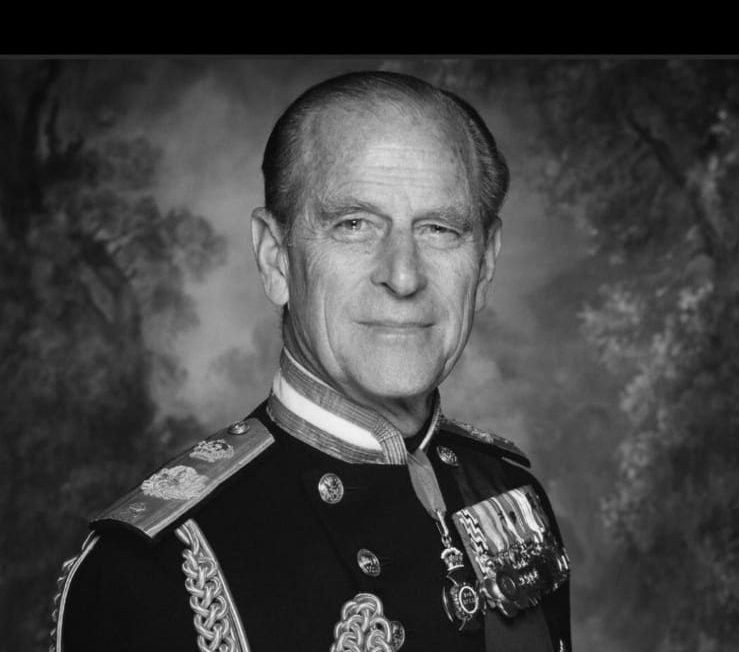Bassirou Diomaye Faye, a left-wing pan-Africanist, has been sworn-in as Senegal’s youngest president after sweeping to a first-round victory on a pledge of radical reform 10 days after he was released from prison.
The 44-year-old has never before held an elected office but several African leaders attended the ceremony in the new town of Diamniadio, near the capital Dakar.
“Before God and the Senegalese nation, I swear to faithfully fulfill the office of President of the Republic of Senegal,” Faye said before the gathered officials.
He also vowed to “scrupulously observe the provisions of the Constitution and the laws” and to defend “the integrity of the territory and national independence, and to spare no effort to achieve African unity”.
The formal handover of power with outgoing President Macky Sall will take place at the presidential palace in Dakar.
Faye was among a group of political opponents freed from prison 10 days before the March 24 presidential ballot under an amnesty announced by Sall, who had tried to delay the vote.
Faye’s campaign was launched while he was still in detention.
The former tax inspector becomes the West African state’s fifth president since independence from France in 1960 and the first to openly admit to a polygamous marriage.
Working with his populist mentor Ousmane Sonko, who was barred from the election, Faye declared their priorities in his victory speech: national reconciliation, easing a cost-of-living crisis and fighting corruption.
The anti-establishment leader has vowed to restore national sovereignty over key assets such as the oil, gas and fishing sectors.
Faye wants to leave the regional CFA franc, which he sees as a French colonial legacy, and to invest more in agriculture with the aim of reaching food self-sufficiency.
But he has also sought to reassure investors that Senegal “will remain a friendly country and a sure and reliable ally for any partner that engages with us in virtuous, respectful and mutually productive cooperation.”
After three tense years and deadly unrest in the traditionally stable nation, his democratic victory was hailed from Washington to Paris, via the African Union and the European Union.
US Secretary of State Antony Blinken on Monday spoke with the president-elect by telephone and “underscored the United States’ strong interest in deepening the partnership” between their two countries, the State Department said.
On the international stage, Faye seeks to bring military-run Burkina Faso, Mali and Niger back into the fold of the regional Economic Community of West African States (ECOWAS) bloc.
New generation of politicians
Commonly known as Diomaye, or “the honourable one” in the local Serer language, he won the election with 54.3 percent of the vote.
It was a remarkable turnaround after the government had dissolved the Pastef party he founded with Sonko in 2014, with Sall postponing the election.
Faye, a practising Muslim from a humble background with two wives and four children, represents a new generation of youthful politicians.
He has voiced admiration for US ex-president Barack Obama and South African anti-apartheid hero Nelson Mandela.
However, Faye and the government he must unveil will quickly face major challenges.
He does not have a majority in the National Assembly and will have to look to build alliances to pass new laws, or call a legislative election, which will become an option from mid-November.
The biggest challenge will be creating enough jobs in a nation where 75 percent of the 18-million population is aged under 35 and the unemployment rate is officially 20 percent.
Many youths have considered the future so bleak they have risked their lives to join the waves of migrants trying to reach Europe.
Sall, meanwhile, has been appointed special envoy of the Paris Pact for People and Planet, created to combat poverty, protect the planet and support vulnerable countries.

 News6 years ago
News6 years ago
 Featured6 years ago
Featured6 years ago
 Boss Picks6 years ago
Boss Picks6 years ago
 Headline6 years ago
Headline6 years ago
 Headline6 years ago
Headline6 years ago
 Headline5 years ago
Headline5 years ago
 Headline6 years ago
Headline6 years ago
 Headline6 years ago
Headline6 years ago













